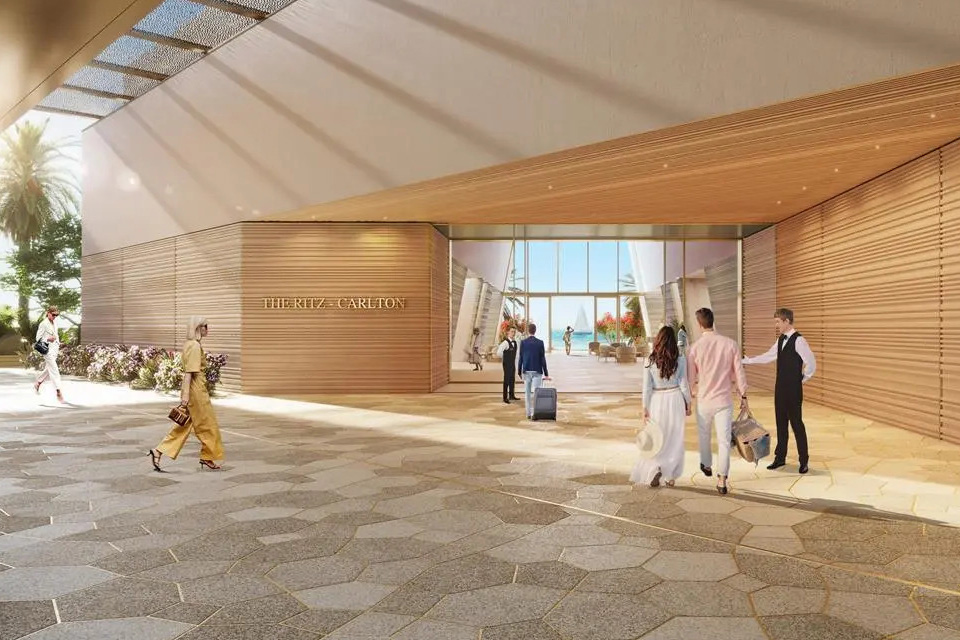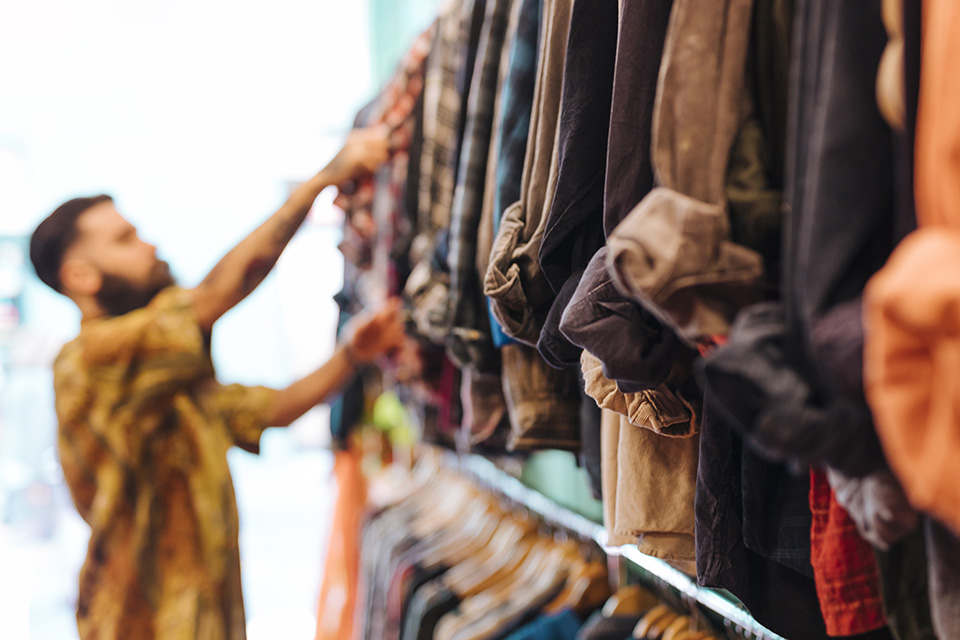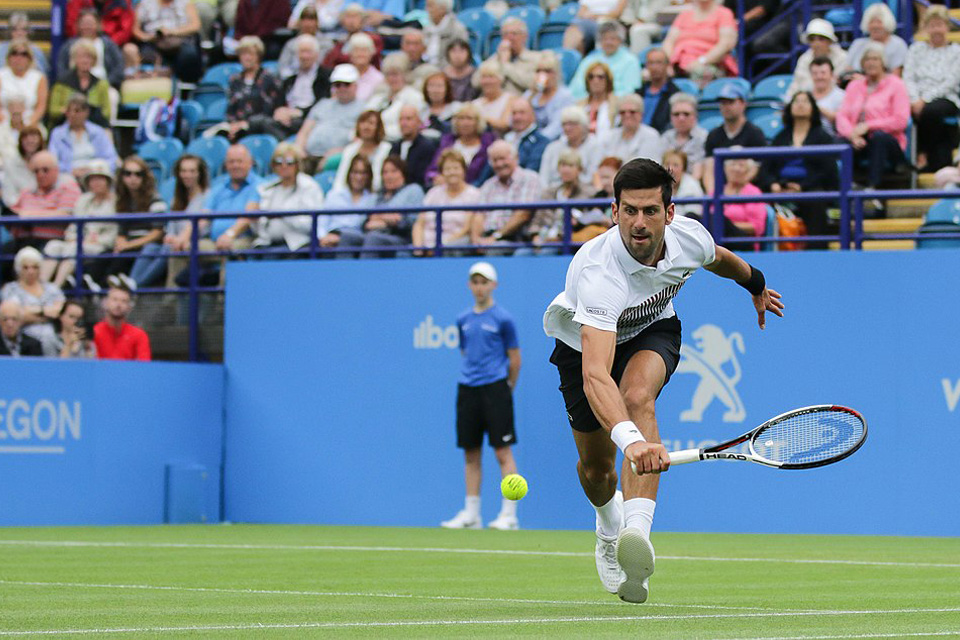- News
Camel Caravan: Going back in time at Summer in Hira
The event celebrates and recognizes the significance and value of camels in the Arabian peninsula throughout history.
Article Summary:
- Saudi authorities hold the Camel Caravan event in Mecca to celebrate and recognize the value and significance of camels throughout history.
- Camels play and continue to play a vital role in transport, trade, culture, and heritage.
- Incidentally, 2024 was also named the Year of the Camel.
Residents and visitors enjoyed the Camel Caravan activity at the Summer of Hira event in Mecca, Saudi Arabia. According to the Saudi Press Agency, the event drew huge crowds.
The activity shone the spotlight on camels, emphasizing their value and significance in Arab life throughout history. Especially as they have been their reliable companions for hundreds of years.
On top of this, the activity expresses people’s appreciation for the animal and its link to ancestral traditions. They were able to travel back in time through the event.
Moreover, the event also covered other topics such as taking care of camels and breeding them. It also discussed the animal’s significance in culture, transport, survival, and trade in the desert.
To top off the experience, organizers recreated the desert environment and demonstrated ancient camel-related practices.
The caravan runs until Safar 6, 1446 AH (August 10th, 2024).
The Year of the Camel
Incidentally, Saudi’s Ministry of Culture named 2024 the Year of the Camel. This was to recognize the value that the animals represent in the lives of people in the Arabic peninsula throughout history. Years of poems, stories, and proverbs prove the beauty of the beast’s relationship with man.
There are around 35 million camels around the world. The ones in the Arabic peninsula, in particular, are 17 million. The top countries in the region with the animal include Saudi Arabia, Sudan, Somalia, Mauritania, and Yemen. Saudi Arabia, in particular, has about 1.8 million.
The animals can endure days of travel without water and carry heavy loads. They also serve as sources of hide, milk, and meat. It’s important to note that the camel industry in Saudi Arabia contributes USD 534 million (SAR 2 billion) yearly to the kingdom’s economy. These figures are expected to grow even further in the coming years.
Significance in history
Because of camels, travelers simplified trade routes amid the Arabian peninsula, exchanged cultures, and enabled ancient civilizations to flourish.
Apart from this, the animal also played a role in the life of Prophet Muhammad. The prophet had a camel named Al-Qaswa, and the Prophet’s Mosque in Medina was built on where Al-Qaswa rested.
Saudi Ministry of Culture, His Highness Prince Badr bin Abdullah bin Farhan Al Saud, remarked, “They are the ship of the desert on which our ancestors depended for their settlement and travel.”
His Highness also noted that the Year of the Camel focuses on industries it is linked to.
“Our role in the Ministry of Culture is to add a cultural dimension to this high national interest, and to look at camels from a cultural perspective that reflects their high status in the world.”
There are other events that honor the animal, such as camel racing and the King Abdulaziz Camel Festival. The festival showcases different products, from races, auctions, beauty contests, and more.
With all these initiatives, Saudi authorities hope to promote camel heritage, support breeders, and care for the animal’s health.
Other events ongoing in Saudi Arabia include Jeddah Season 2024 and the esports world cup.
Photo: X/SPAENG






